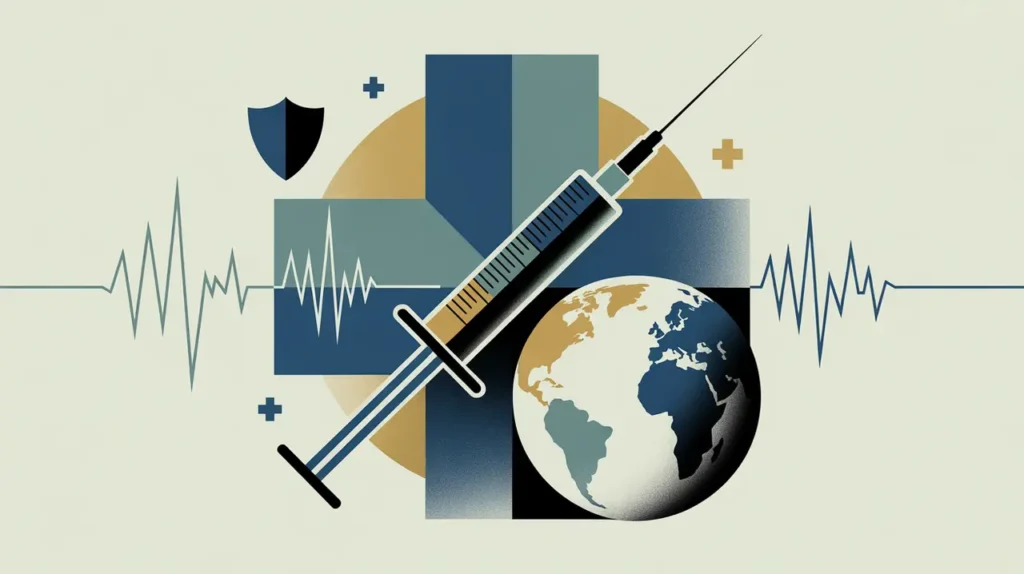Importance of Health Systems
Health systems are the backbone of public health, ensuring that people can access essential services ranging from preventive care to specialized treatment. In international development, strong health systems reduce mortality, improve quality of life, and enable resilience against crises such as pandemics. For nonprofits and social innovators, investing in health systems is critical because they determine whether programs succeed, resources are used effectively, and communities receive equitable care.
Definition and Features
Health systems refer to the institutions, people, and processes that organize, finance, and deliver health services to populations. Their defining features include:
- Service Delivery: clinics, hospitals, and outreach programs providing care.
- Health Workforce: trained professionals, community health workers, and support staff.
- Financing: mechanisms that fund health care, from taxes and insurance to donor support.
- Governance and Regulation: policies, oversight, and accountability mechanisms.
- Information Systems: data collection and analysis to guide decisions.
How this Works in Practice
In practice, health systems include public, private, and nonprofit providers working together to meet population needs. For example, a country may combine a tax-funded national health service with private clinics and NGO-supported outreach in rural areas. International agencies often provide technical assistance, funding, or supplies to strengthen health systems. Barriers include underfunding, inequitable access, fragmented services, and shortages of skilled health workers.
Implications for Social Innovation
Health systems have significant implications for social innovation because they provide the structures through which new solutions are scaled. Innovations such as digital health records, task-shifting to community workers, and mobile clinics can strengthen system efficiency and reach. For proximate actors, inclusive health systems ensure dignity, equity, and resilience in the face of health challenges. Health systems are essential for achieving universal health coverage and sustainable development.







